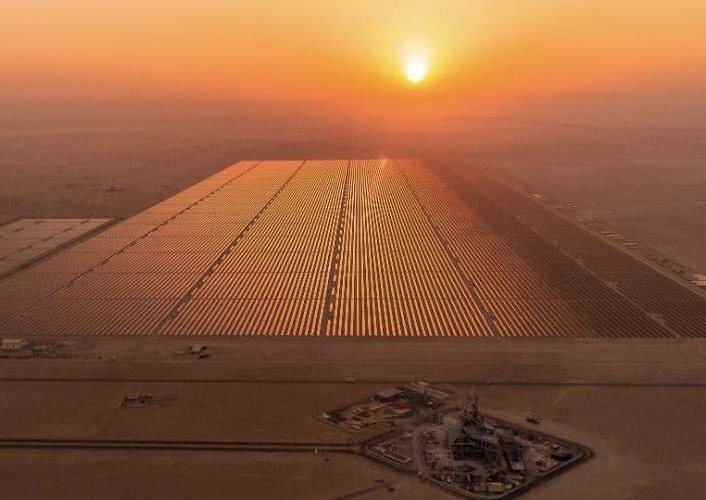Reports
Egypt's Fuel Imports Hit $2 Billion in Early 2024, Marking a Decline from Previous Year
Published on : 2024-03-06

Egypt's strategic maneuvers in the fuel import sector have seen significant financial outlays, with the country spending approximately $2 billion on fuel imports in the first two months of 2024 alone. This expenditure highlights both the challenges and adjustments in Egypt's energy procurement strategy amid fluctuating global oil prices.
Strategic Energy Imports
The Egyptian Ministry of Petroleum has been at the forefront of navigating the complex terrain of energy imports, securing fuel shipments totaling about $2 billion during January and February. These imports, primarily composed of petroleum products, account for 60 to 70% of Egypt's import bill during this period, amounting to roughly $1.3 billion. This strategic importation effort is part of Egypt's broader initiative to ensure energy security and stabilize its economy against the backdrop of global energy market volatility. The Egyptian General Petroleum Corporation plays a pivotal role in this endeavor, with contracts to import crude oil shipments from Iraq and petroleum products from key partners such as Saudi Arabia, the UAE, and Kuwait. These agreements are crucial for meeting 25 to 30% of the Egyptian market's fuel needs, underscoring the nation's reliance on external sources for its energy requirements.
Comparative Analysis of Import Expenditure
When compared to the previous year, the value of Egypt's fuel imports in 2023 witnessed a decrease of about 11%, with the import bill in 2022 reaching around $14.3 billion. This reduction reflects Egypt's ongoing efforts to optimize its energy procurement strategies and mitigate the financial impact of its dependence on imported fuel. The government's proactive stance in renegotiating contracts and exploring alternative energy sources has been instrumental in this context, showcasing a commitment to economic stability and sustainability in the face of global energy market shifts.
Future Outlook and Implications
The dynamics of Egypt's fuel importation strategies offer a window into the broader challenges and opportunities facing countries dependent on imported energy. As Egypt continues to adjust its approach in response to global trends, the implications for its economy and energy security remain significant. The decrease in import expenditure signals a positive step towards financial prudence and energy sustainability, yet the ongoing need for substantial imports underscores the importance of diversifying energy sources and enhancing domestic energy production capabilities.
This evolving narrative not only highlights the complexities of global energy dependency but also sheds light on the potential for innovative solutions in the realms of renewable energy and energy efficiency. As Egypt navigates these challenges, the lessons learned and strategies employed could provide valuable insights for other nations grappling with similar issues, pointing the way toward a more sustainable and secure energy future.







